Professional development is an important part of your career journey but asking for your employer to fund your training can still often feel uncomfortable or awkward.
According to LinkedIn’s 2023 Workforce Learning Report, 89% of Learning & Development pros agree that proactively building employee skills for today and tomorrow will help navigate the evolving future of work.
Professional development can be classed as any activity or training that improves your skills or knowledge in a specific area. This could include taking a university course, participating in conferences and workshops or joining professional memberships such as the Girls in Marketing Membership.
Employees who undertake professional development offered by their organisation are more likely to be able to perform their job well than if they had not. Therefore, it’s within your employer’s interest to invest in your development.
So, how do you ask your employer to pay for your professional development? Let’s take a look at some top tips to help you make your case effectively.
Do your research
Before you ask your employer to pay for your professional development, it’s important that you do some research. You’ll want to know what kinds of courses and training are available and which ones might be most beneficial for your career. Understand your career goals in order to help you decide which type of training may be the most relevant.
You could consider taking a course or certification in order to expand your skillset and help prepare yourself for future opportunities at work. You can also look into other types of professional development opportunities such as conferences, webinars and workshops that may be relevant to your field or industry.
Present your case
Once you’ve decided on the type of professional development you’d like your employer to fund, you’ll need to present your case to your employer. You can either do this verbally or in writing, whichever you feel more comfortable with but it may be beneficial to provide a written summary if you do choose to speak to your employer in-person.
- Create a proposal outlining the opportunity, its benefits and associated costs.
- Explain how the chosen training will benefit your employer and how you will apply your learnings to your role. For example: “I have chosen this particular course because I believe it will provide me with skills that are directly applicable in my current role/relevant to the current project I am working on.”
- Provide evidence of your commitment to professional development by highlighting previous training courses you have attended or completed.
Set up a meeting to discuss your professional development
Schedule a meeting with your employer to discuss the proposal further. Be prepared to answer any questions they may have and try to anticipate what these may be.
If they agree to pay for your professional development, send them an email confirming the next steps in the process.
Follow up with your employer
After the meeting, send a thank you note or email to your employer. This will show that you are invested in this opportunity and grateful for their consideration. It also gives them a reminder of your professional development plans and how they can help support them.
If you do not hear back from them within a reasonable amount of time, follow up with another email, phone call or meeting. Ask if there are any additional steps required on your part before they make their decision.
Consider alternative professional development options
Unfortunately your employer may not always be in a position to pay for your professional development. If your employer is not able to pay for your training, consider whether there are other alternatives that you are able to present to your employer or fund yourself.
If you’re looking to advance your career, professional development is an essential part of the process. It’s something that many employers are willing to pay for if it’s the right fit and if you ask them!
If you want to learn more about how your employer could fund your professional development in marketing, take a look at the Girls in Marketing membership and our options for Team Packages and Employer Funding.





